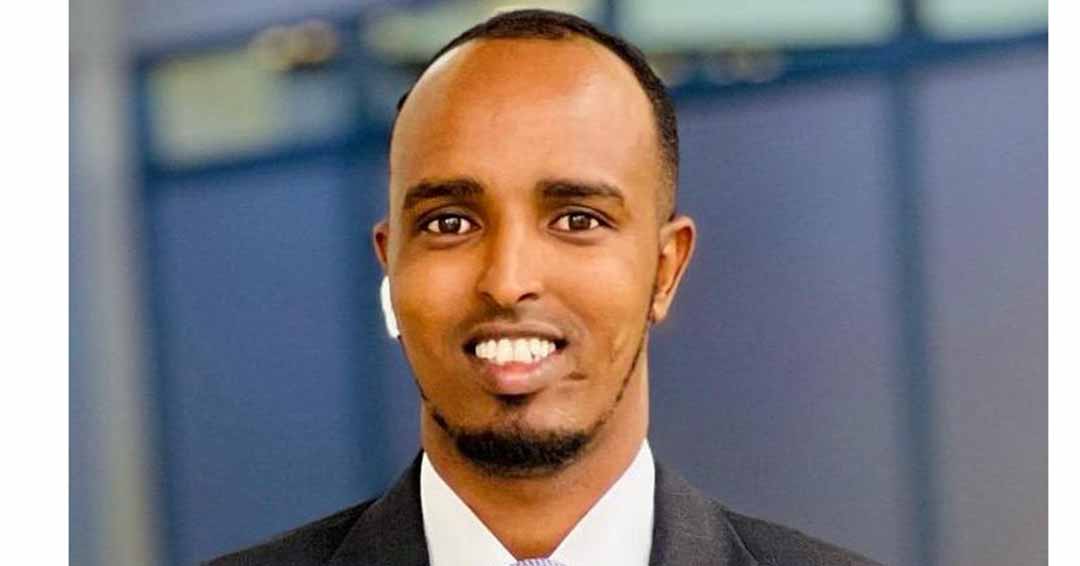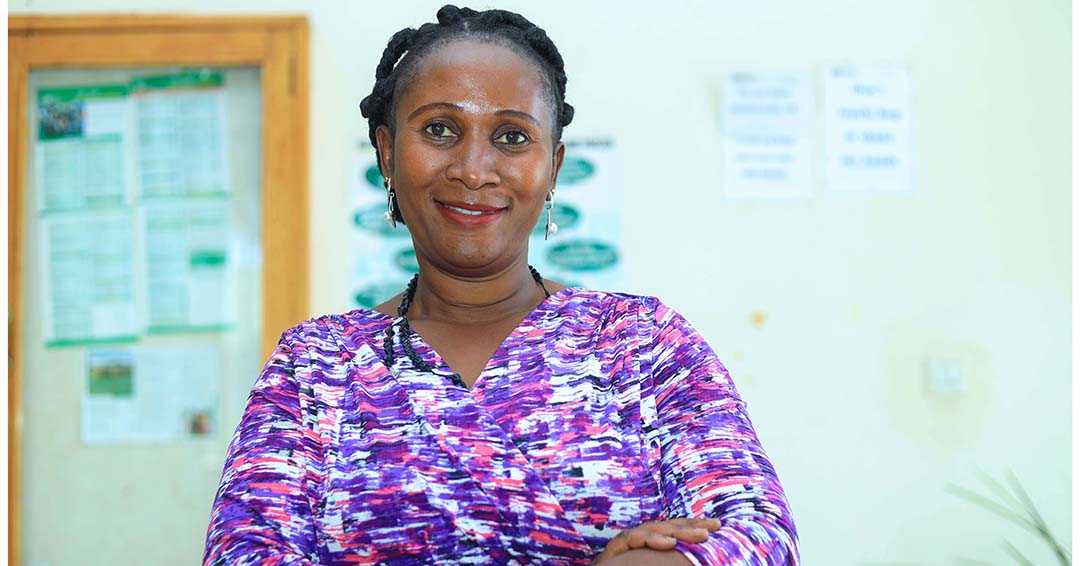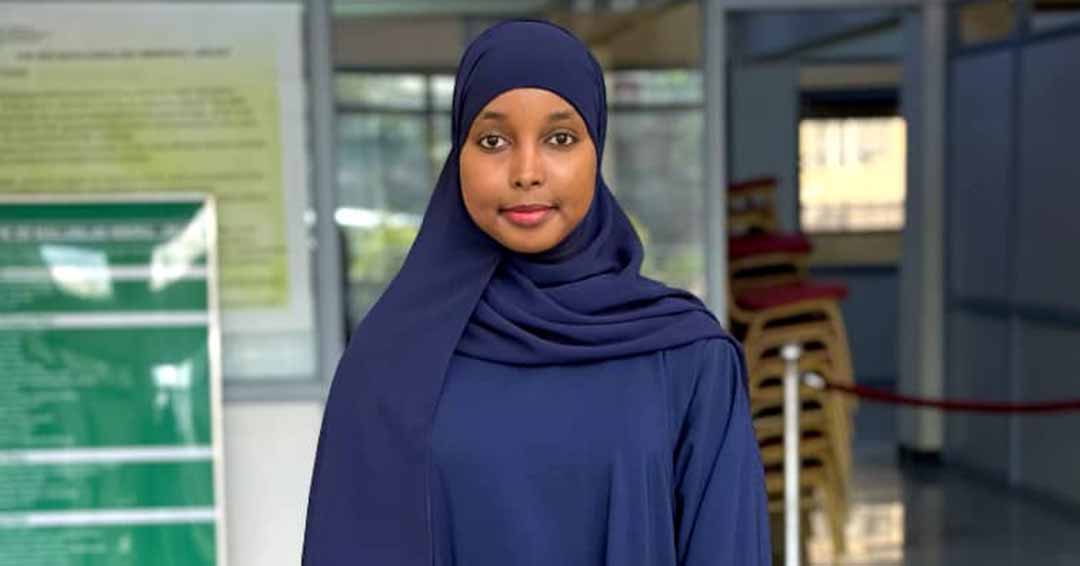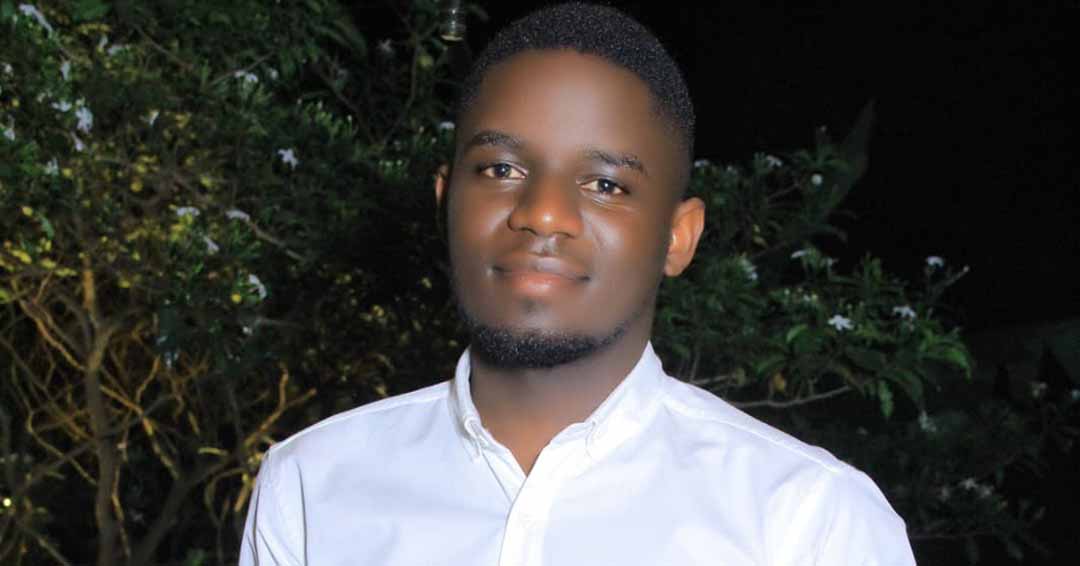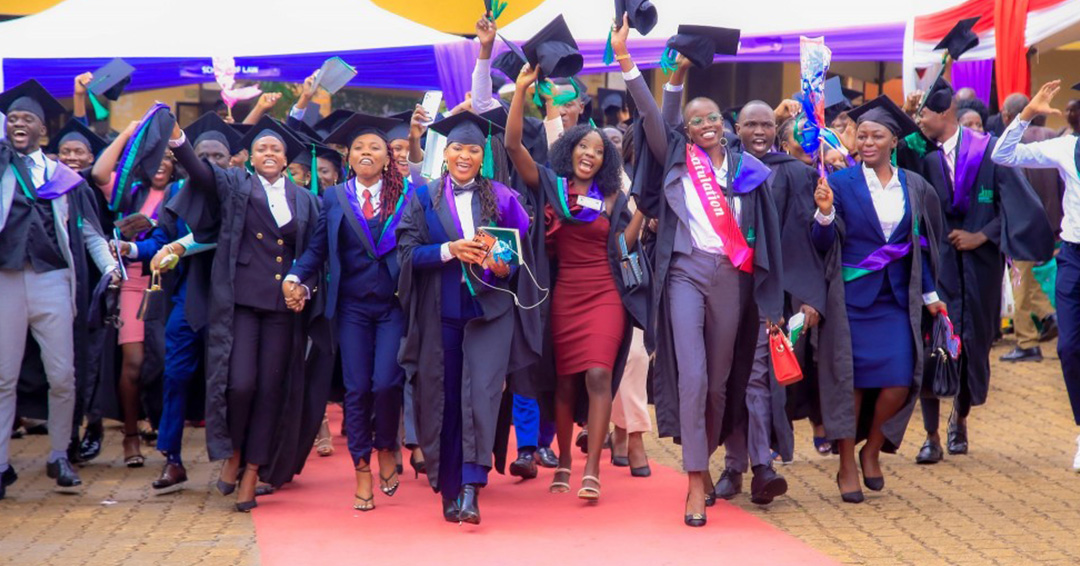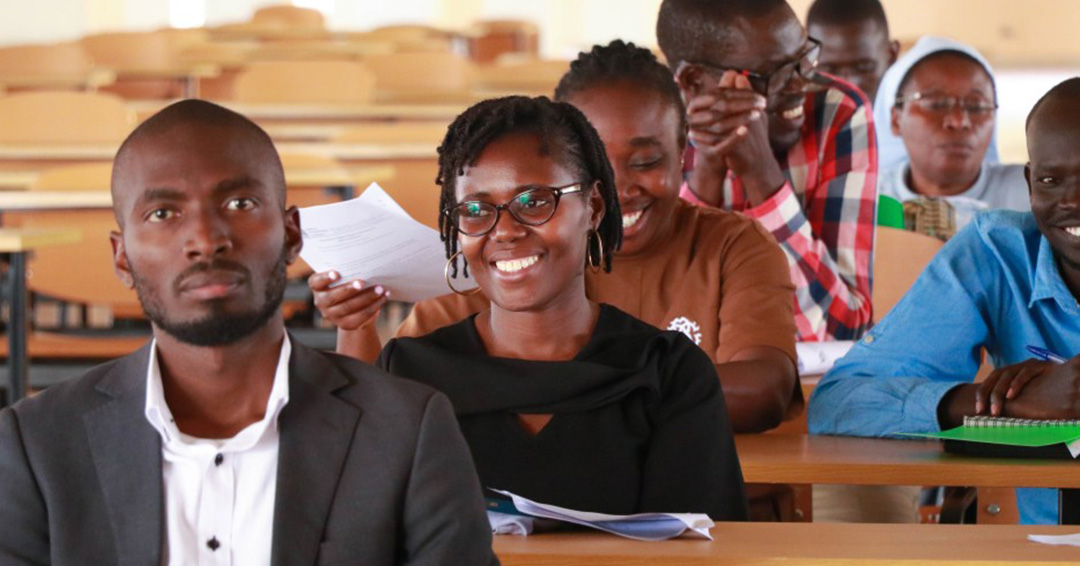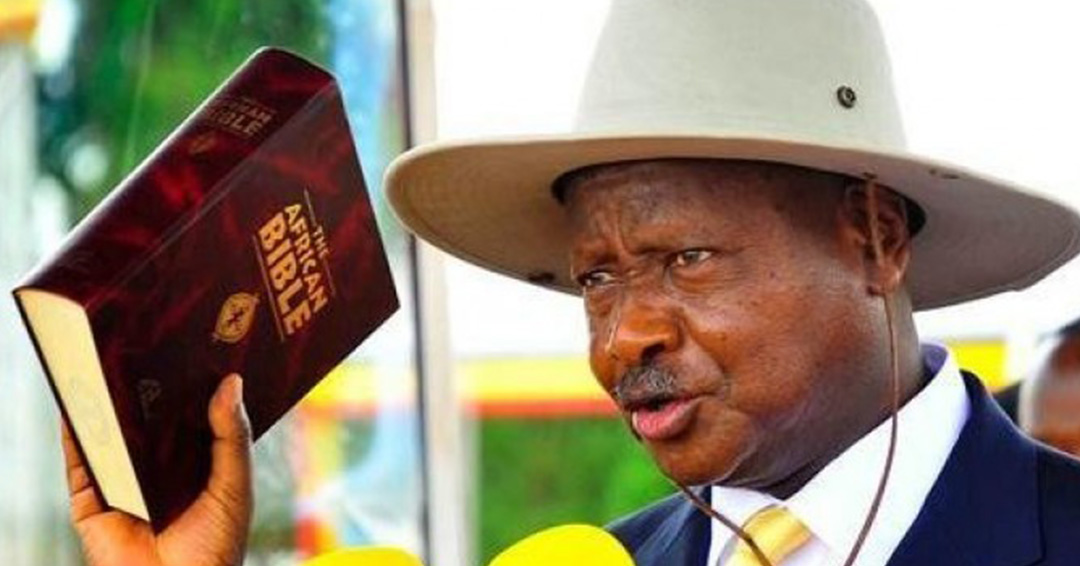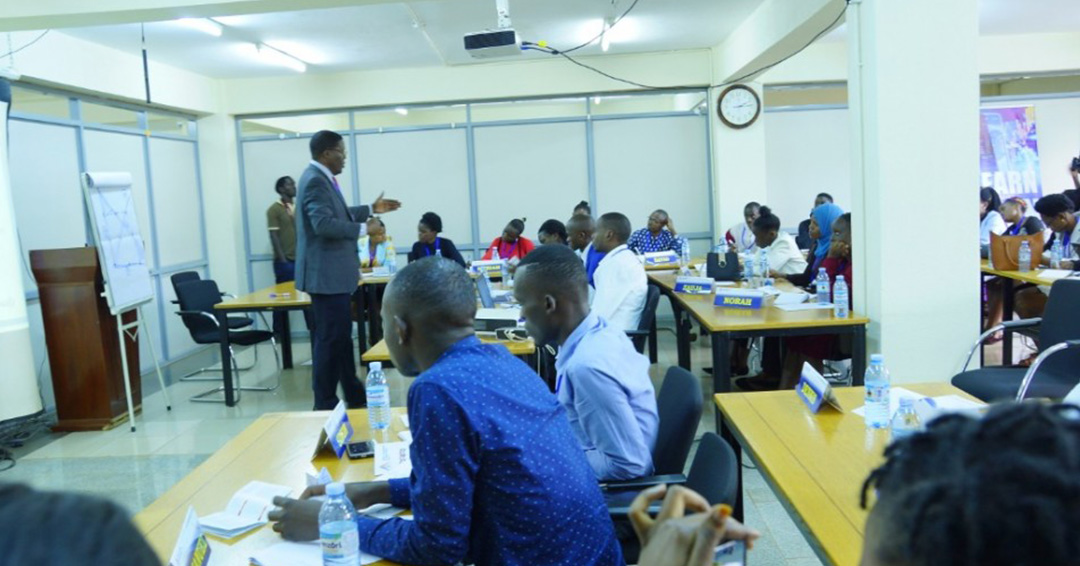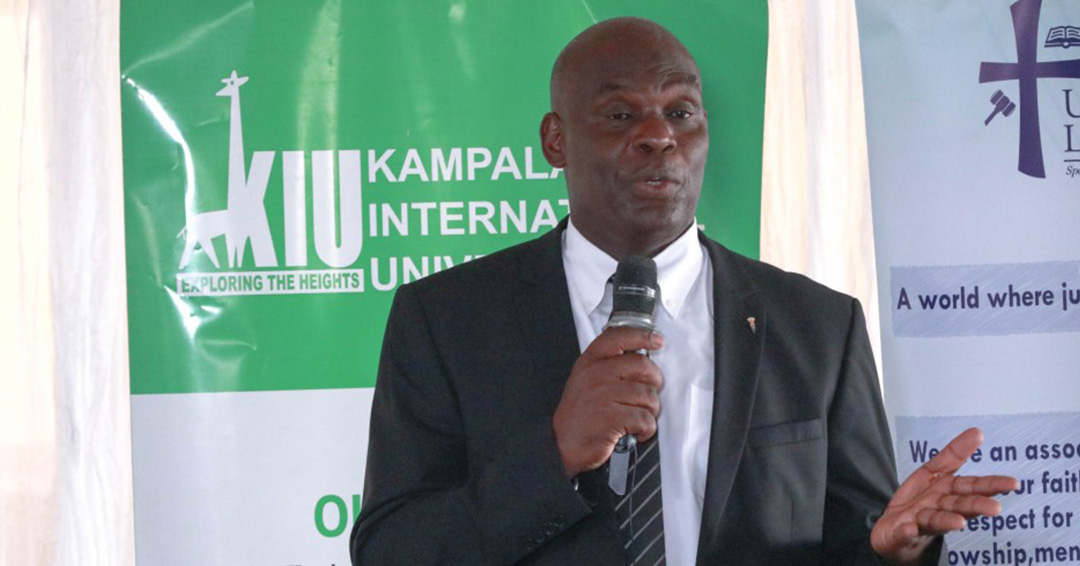
Latest News

#KIU31STGRAD: Completing My Degree Is a Tribute to My Mother-Says Ahmed Abdi
- Umar Kisekka
- /
- Jul 04, 2025
- /
- 53
KIU,Main Campus- When Afaf Ahmed Abdi enrolled for a Bachelor of Laws at Kampala International University (KIU), she never imagined she would finish her journey without her… Read More
Breaking News
#KIU31STGRAD: Completing My Degree Is a Tribute to My Mother-Says Ahmed Abdi
- Umar Kisekka
- /
- Jul 04, 2025
- /
- 53
KIU,Main Campus- When Afaf Ahmed Abdi enrolled for a Bachelor of Laws at Kampala International University (KIU), she never imagined… Read More
#KIU31STGRAD: KIU was a place where I could grow not just as a student, but as a person- Mohamed Abdi
- Umar Kisekka
- /
- Jul 04, 2025
- /
- 81
By Eunice Nangobi In a country where over 50 universities exist, it becomes an extremely challenging task to choose where… Read More
#KIU31STGRAD: The Friendly and Multicultural Environment on Campus Made Every Day a Memorable Experience -Fadumo Abdullahi
- Umar Kisekka
- /
- Jul 02, 2025
- /
- 665
By Eunice Nangobi It's inevitable for anyone to leave Kampala International University (KIU) without acknowledging its vibrant diffusion of cultures,… Read More
Trending News

PhD Student Donates Advanced Molecular Biology Lab Equipment to the Institute of Biomedical Research
- Obinna Osigwe
- /
- Sep 16, 2024
- /
- 39525
KIU, Western Campus - Kampala International University, through the Institute of Biomedical Research, has received a generous donation of advanced laboratory materials (Micropipettes and magnetic rack) to… Read More

